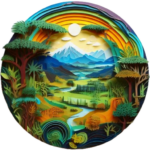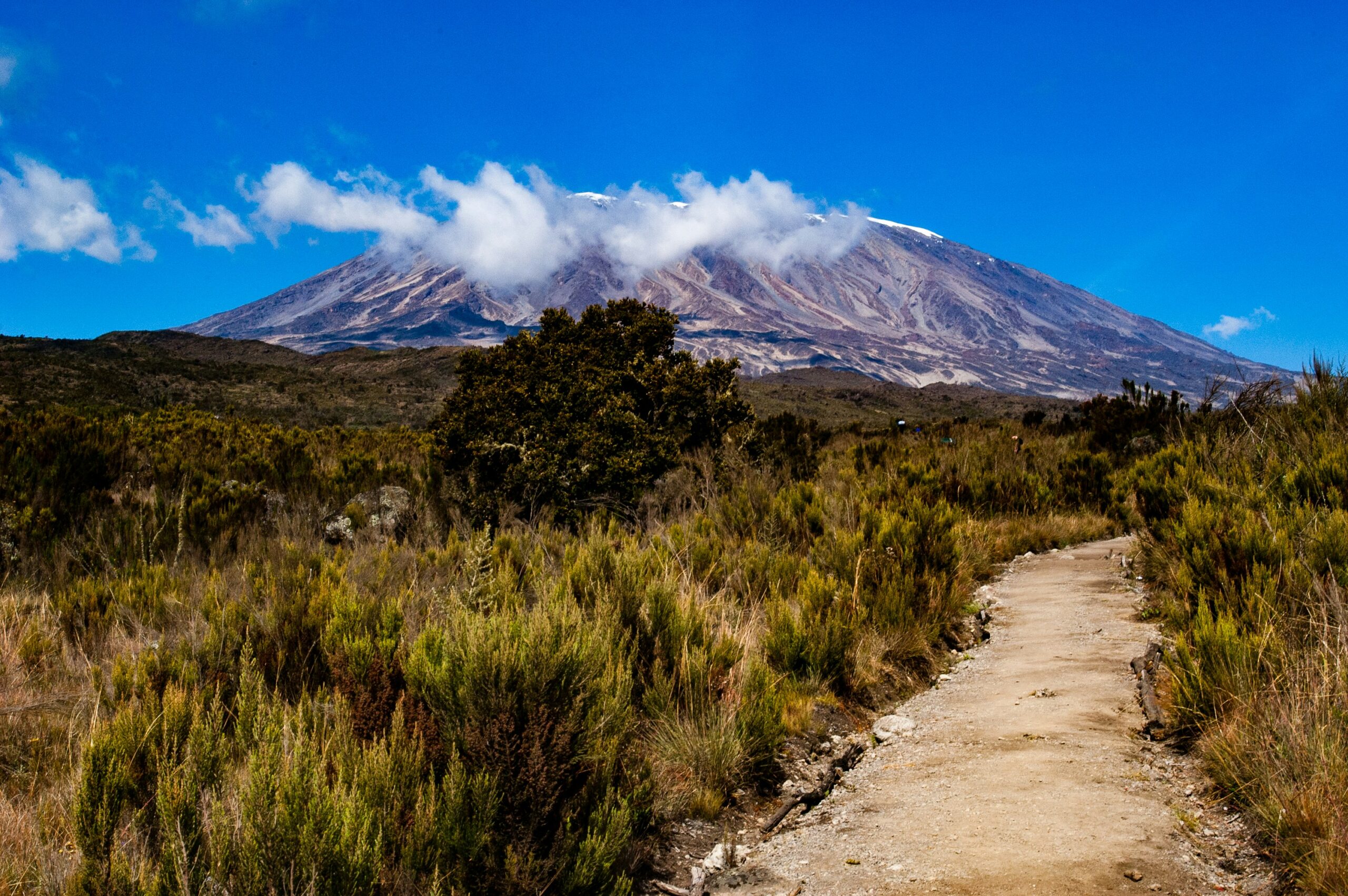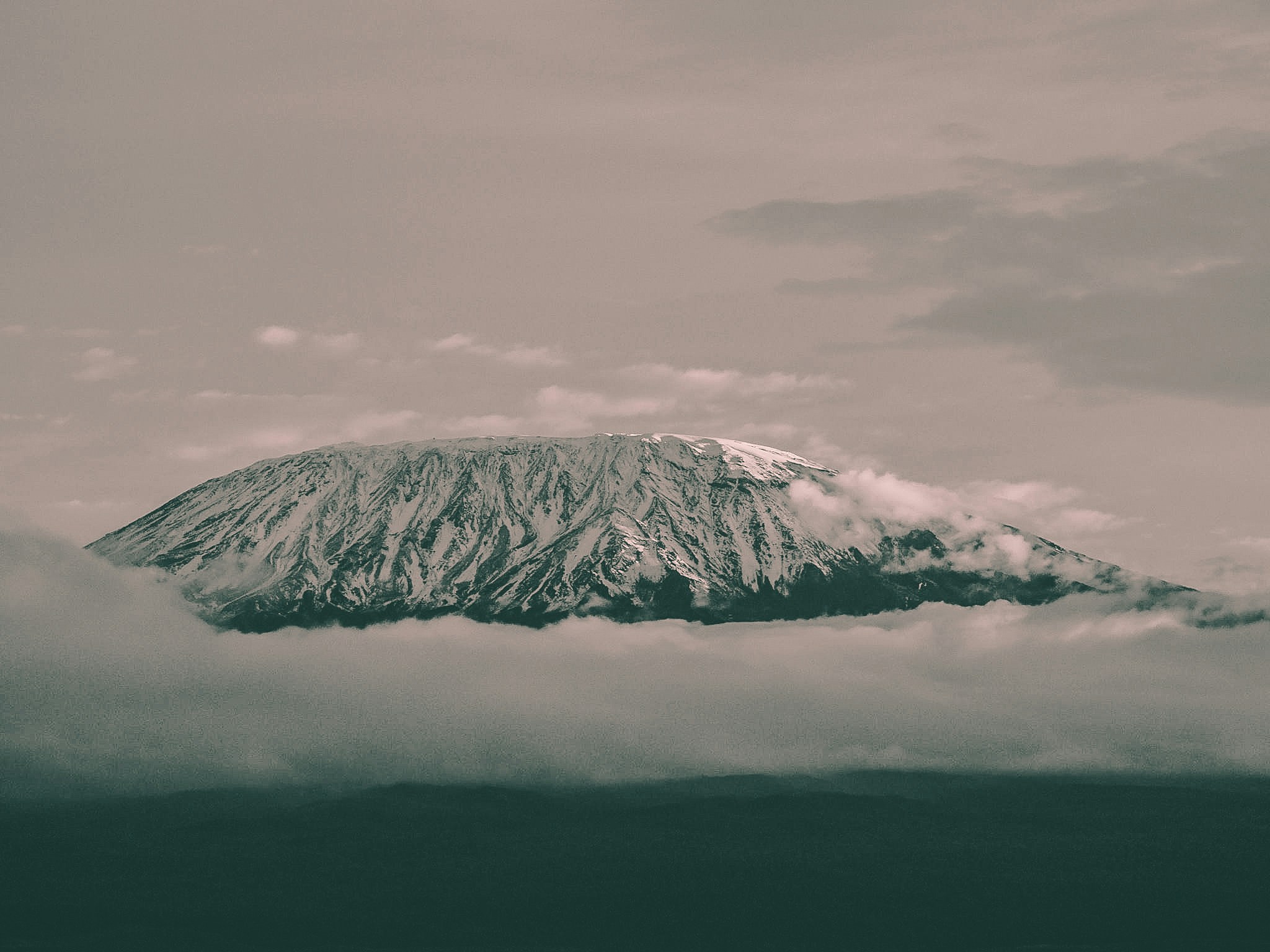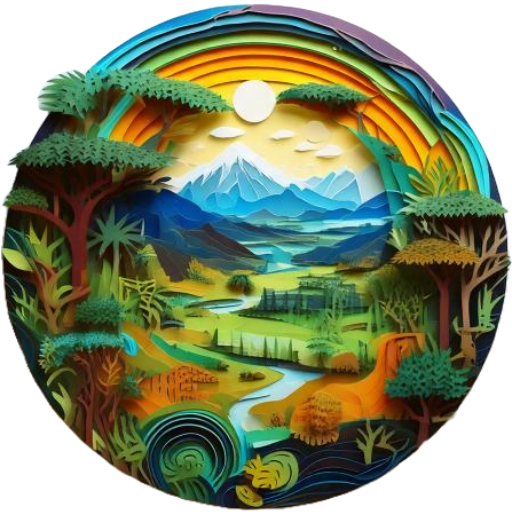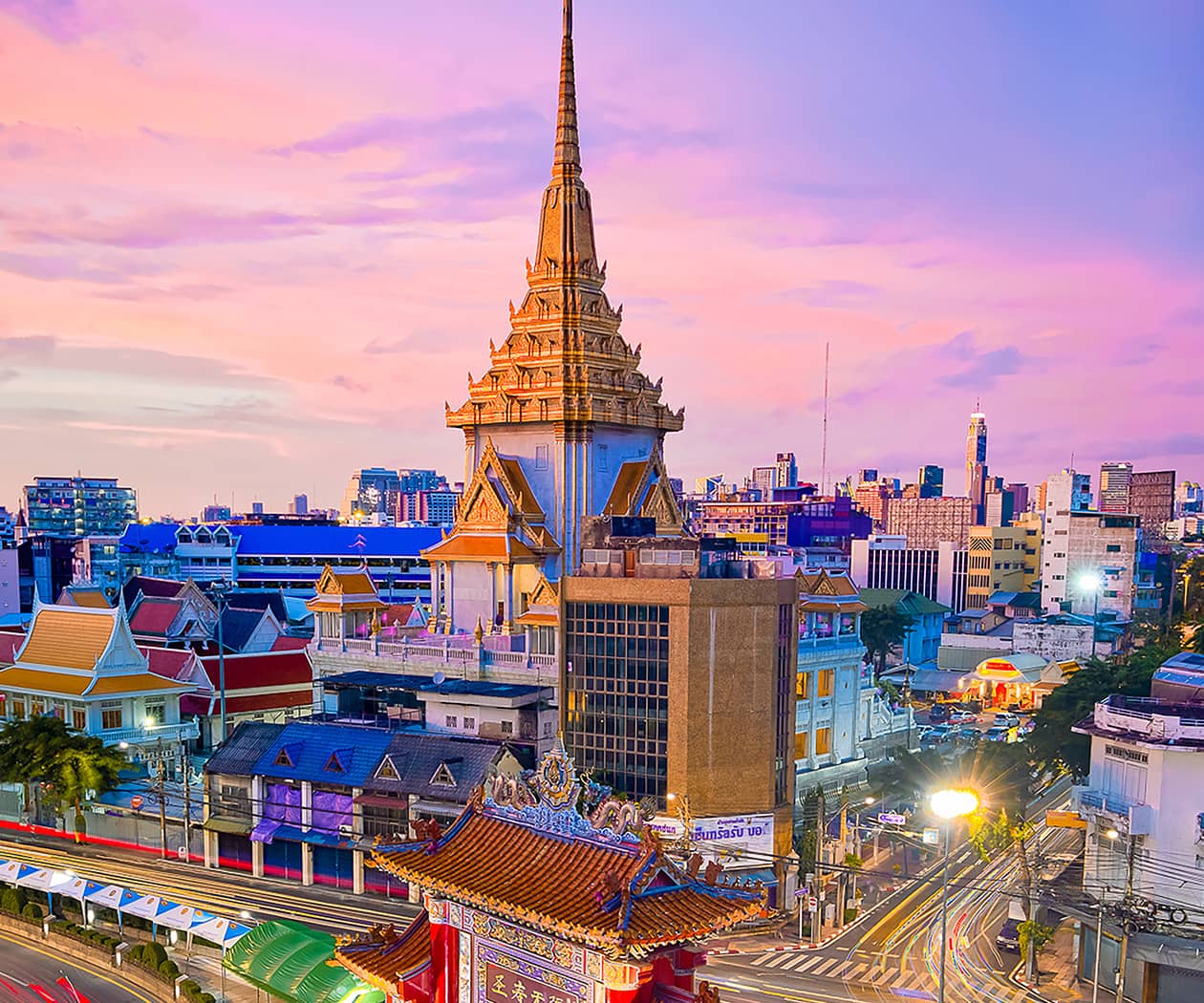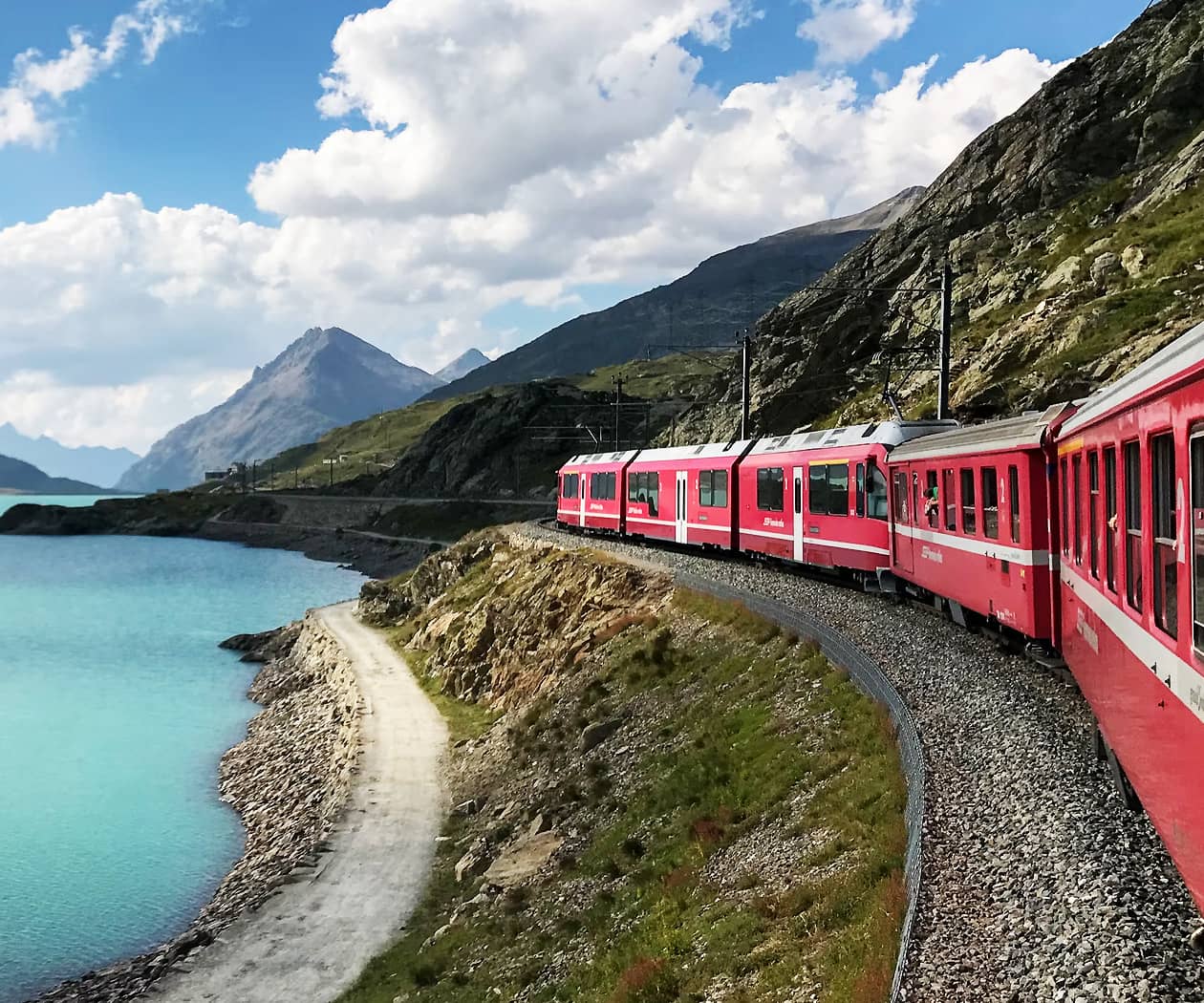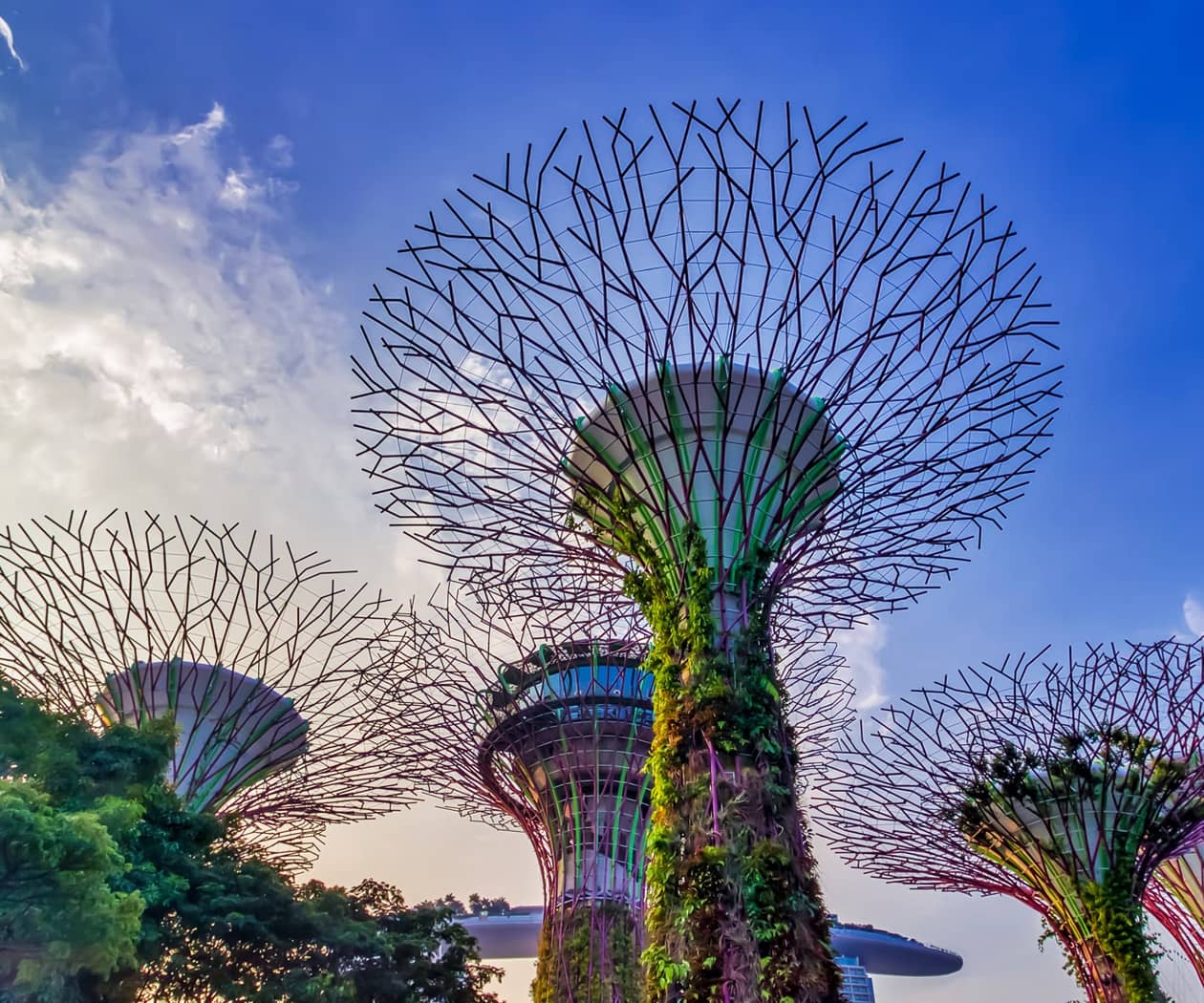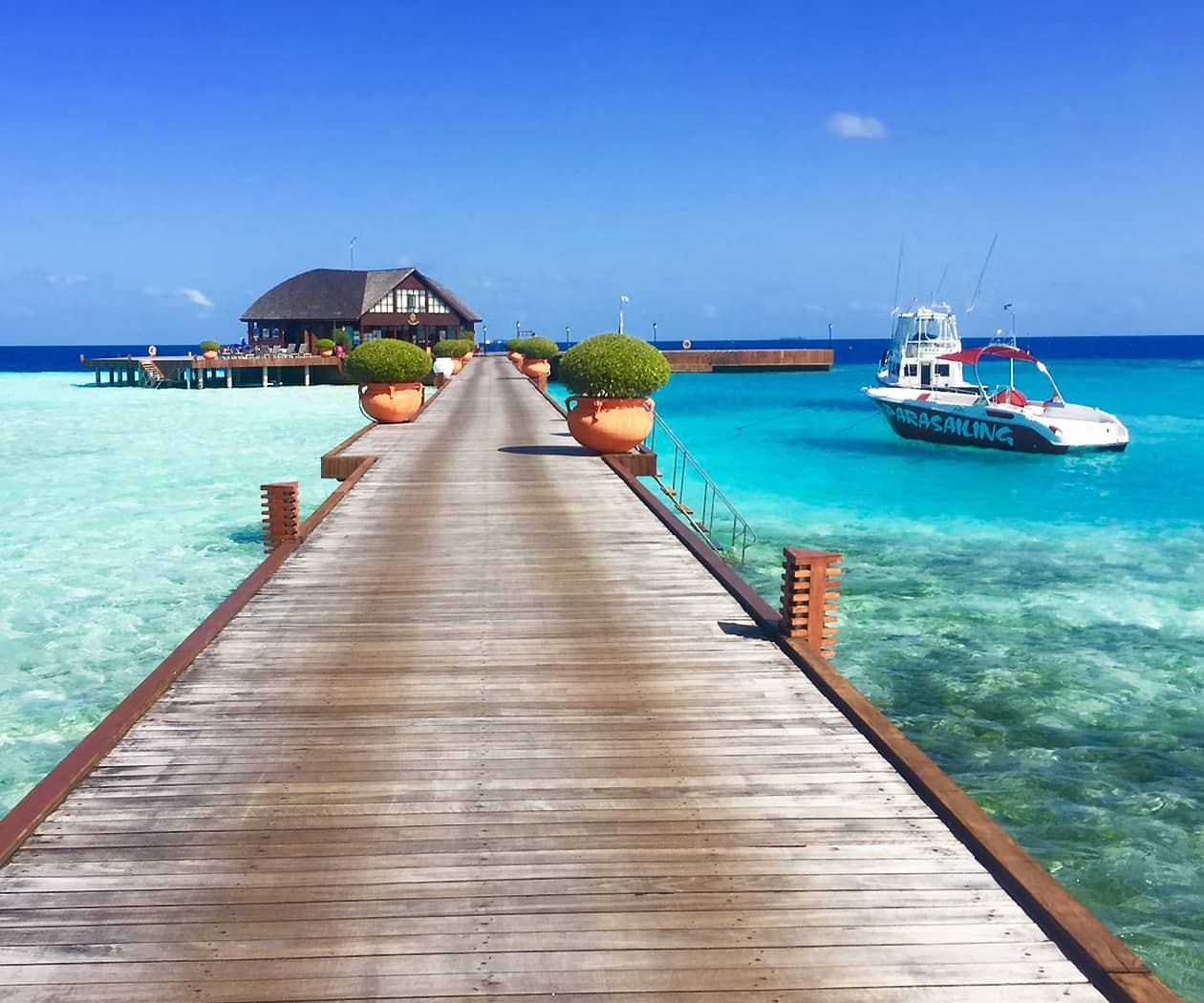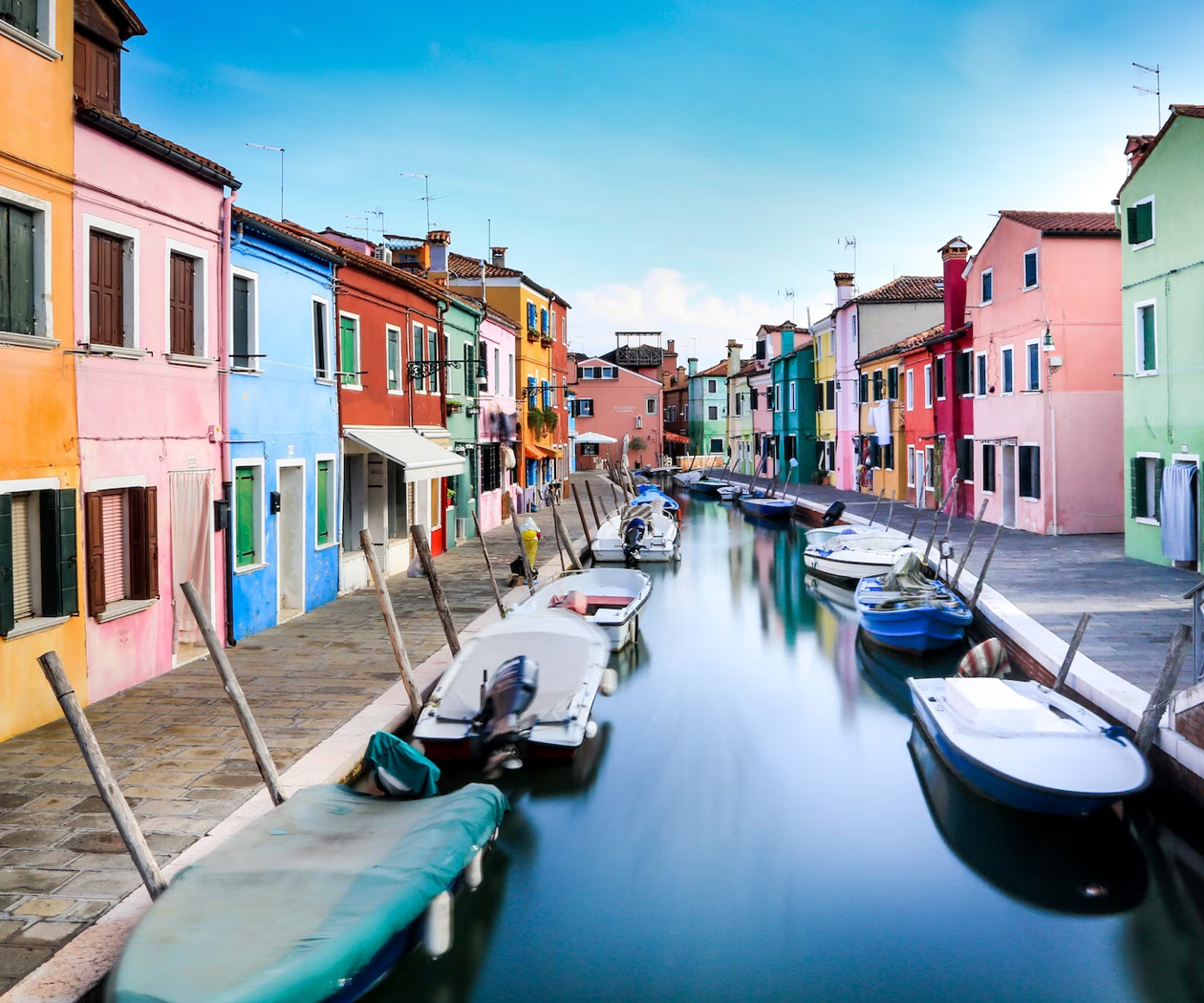A guided ascent of Mount Kilimanjaro offers an extraordinary opportunity to summit Africa’s highest peak, standing at 5,895 meters (19,341 feet). This majestic mountain, a dormant stratovolcano, is located in northern Tanzania and is one of the Seven Summits, making it a popular challenge for climbers of all levels. The mountain is renowned for its diverse ecosystems, ranging from lush rainforests at the base to the icy summit, offering a unique landscape that changes with each altitude.
Mount Kilimanjaro’s history is steeped in both geological and cultural significance. It is believed to have formed over 750,000 years ago and has become a symbol of Tanzania’s natural beauty and strength. Culturally, Kilimanjaro holds deep meaning for the local Chagga people, who have lived on its slopes for centuries. It is often considered a sacred site, with the mountain’s lower regions home to farming communities and its summit revered in local folklore.
A guided ascent ensures safety and support throughout the trek, with experienced guides leading climbers through various routes like the Machame, Marangu, and Lemosho trails. The climb usually takes 5 to 9 days, offering ample time to acclimatize and fully appreciate the mountain’s changing landscapes. Reaching the summit, Uhuru Peak, is a monumental achievement, providing breathtaking panoramic views and a sense of connection to both the mountain’s natural and cultural heritage. The journey up Kilimanjaro is not just a physical challenge, but a truly enriching cultural and historical experience.
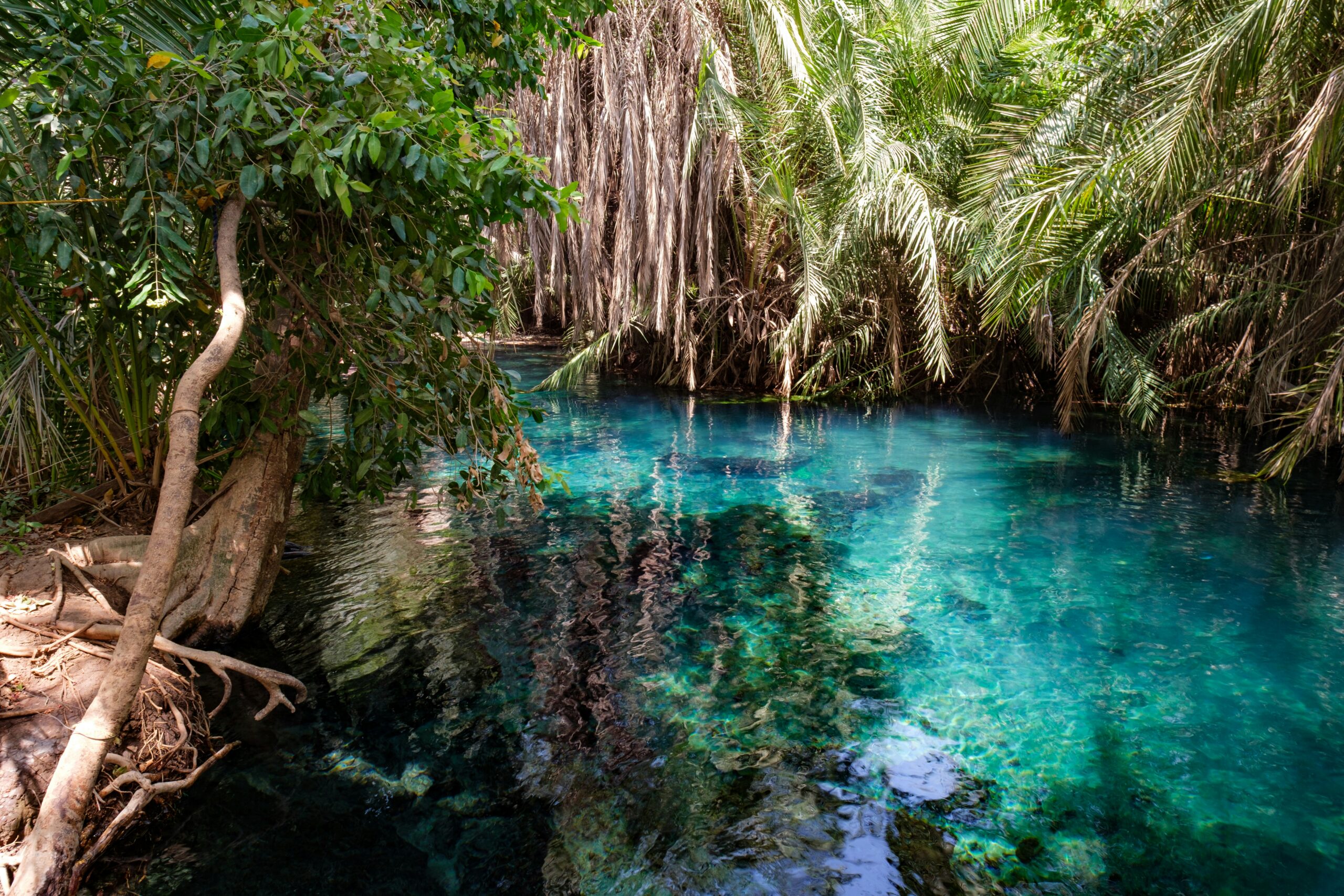
Kikuletwa Hotsprings (Maji Moto)
Rundugai, Tanzania
At the Kikuletwa Hot Springs, also known as Chemka Hot Springs, in Tanzania, expect a blissful escape to a hidden oasis. You’ll discover a crystal-clear, turquoise pool surrounded by lush vegetation, with a gentle current from the underground spring. This tranquil spot offers a chance to swim, relax on the banks, swing from a rope into the refreshing water, and even get a natural “fish pedicure.” It’s the perfect place to unwind, soak up the natural beauty, and enjoy a unique swimming experience in a surprisingly warm and inviting geothermal spring.
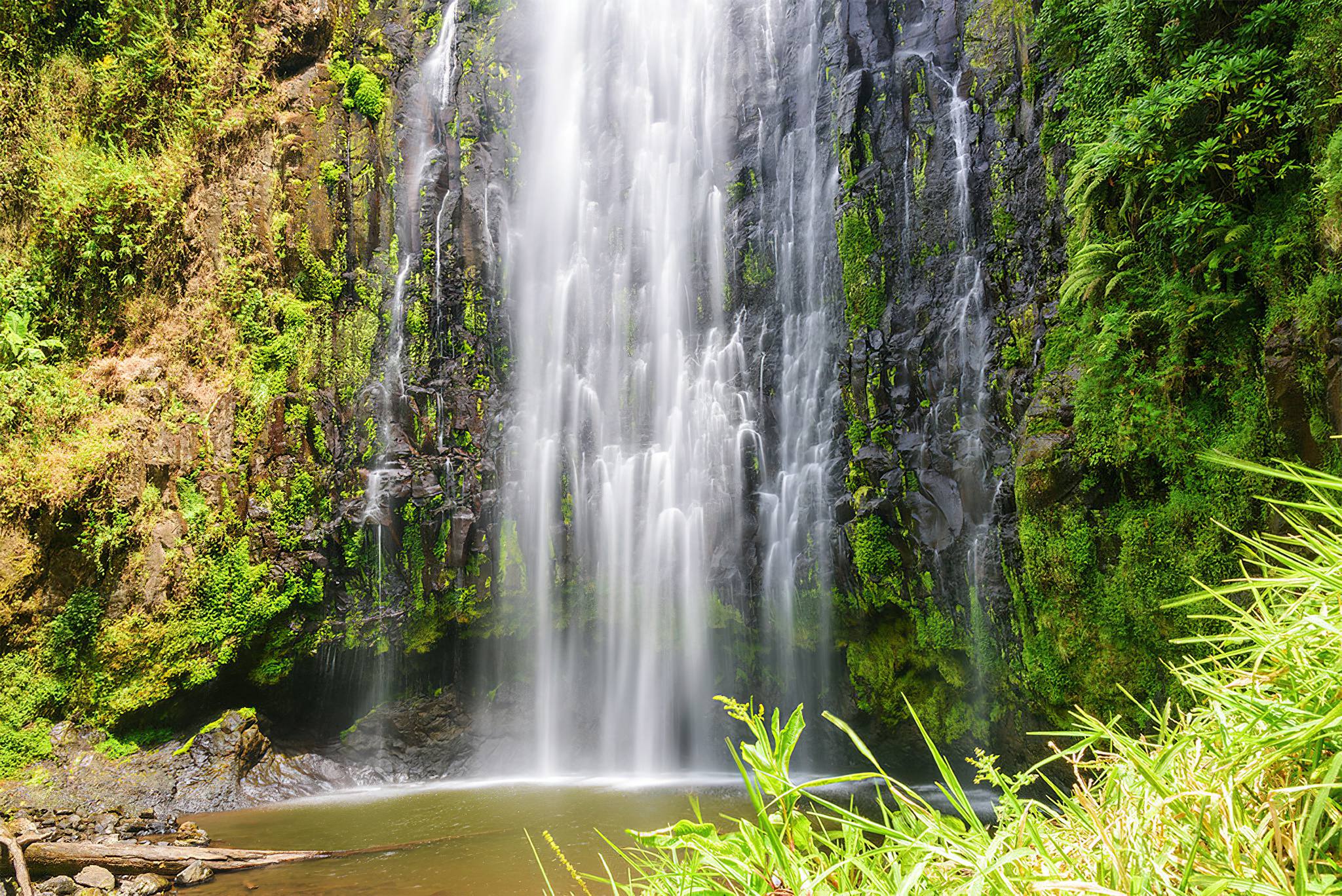
Materuni Waterfalls
Materuni, Tanzania
At the Materuni Waterfalls in Tanzania, expect a scenic hike through lush rainforest landscapes leading to a breathtaking cascade plunging into a refreshing pool. You’ll likely be accompanied by local guides who can share insights into the surrounding flora and fauna, as well as the local Chagga culture. The hike can be moderately challenging, but the reward is swimming in the cool, clear waters of the pool and enjoying the tranquil atmosphere. It’s a perfect opportunity to connect with nature and experience a stunning natural wonder near the foothills of Mount Kilimanjaro.
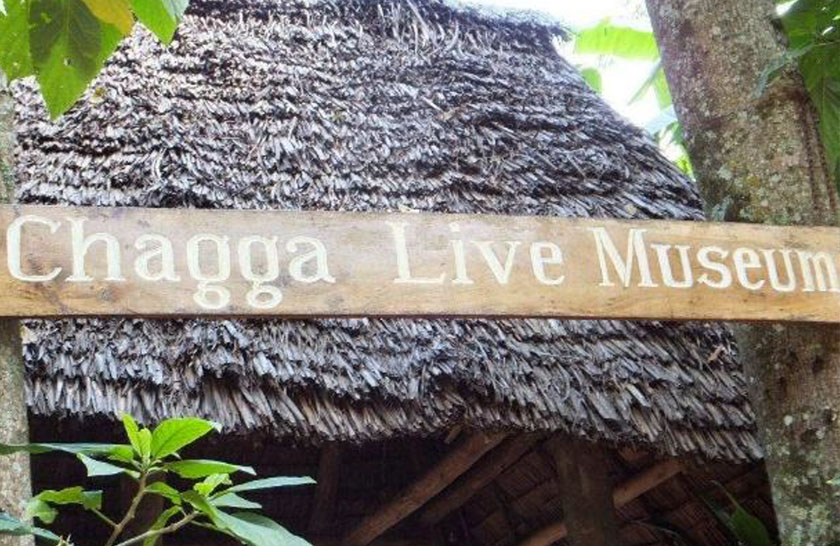
Chagga Museum
Marangu, Tanzania
At the Chagga Museum in Moshi, Tanzania, you can expect a journey into the heart of Chagga culture and history. Explore a recreated traditional homestead, learn about their unique agricultural practices, especially coffee cultivation, and examine artifacts like tools, instruments, and weaponry. Knowledgeable guides will enhance your understanding of Chagga traditions and customs, making it an enriching experience set against the backdrop of stunning scenery near Mount Kilimanjaro.
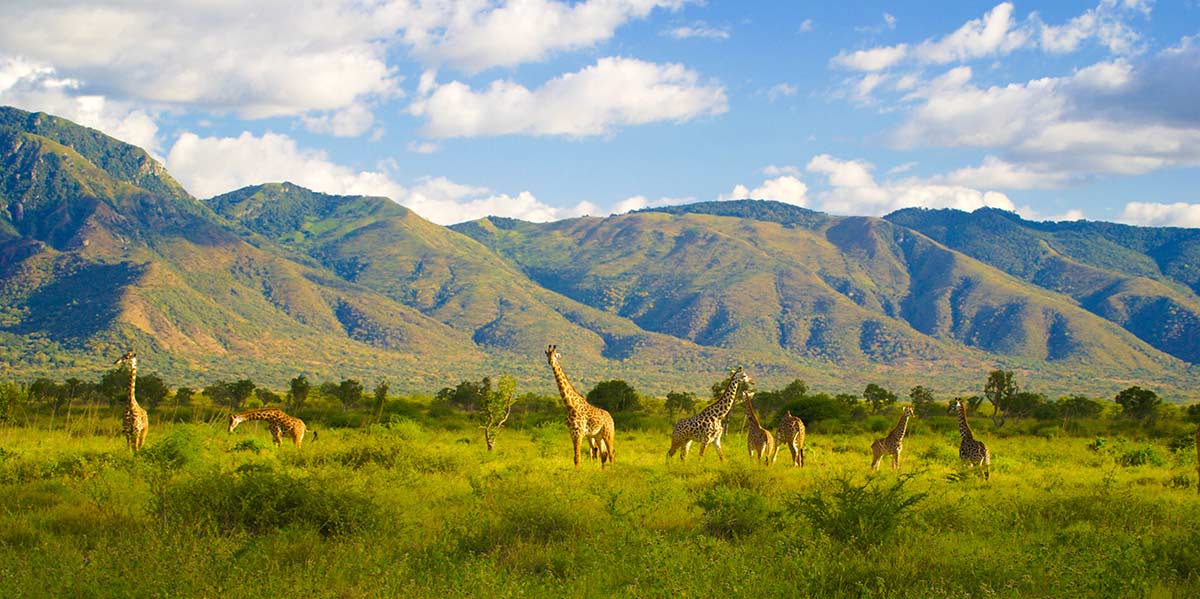
Mkomazi National Park
Northeastern Tanzania
At Mkomazi National Park in Tanzania, expect a more secluded and off-the-beaten-path safari experience compared to its famous neighbours. You’ll find a diverse landscape of arid savanna, acacia woodlands, and rocky hills, home to a variety of wildlife including endangered African wild dogs and black rhinos, as well as gerenuk, oryx, and numerous bird species. The park is known for its successful conservation efforts, particularly its rhino sanctuary. Be prepared for a more rugged and less crowded safari adventure, offering a unique perspective on Tanzania’s rich biodiversity.
